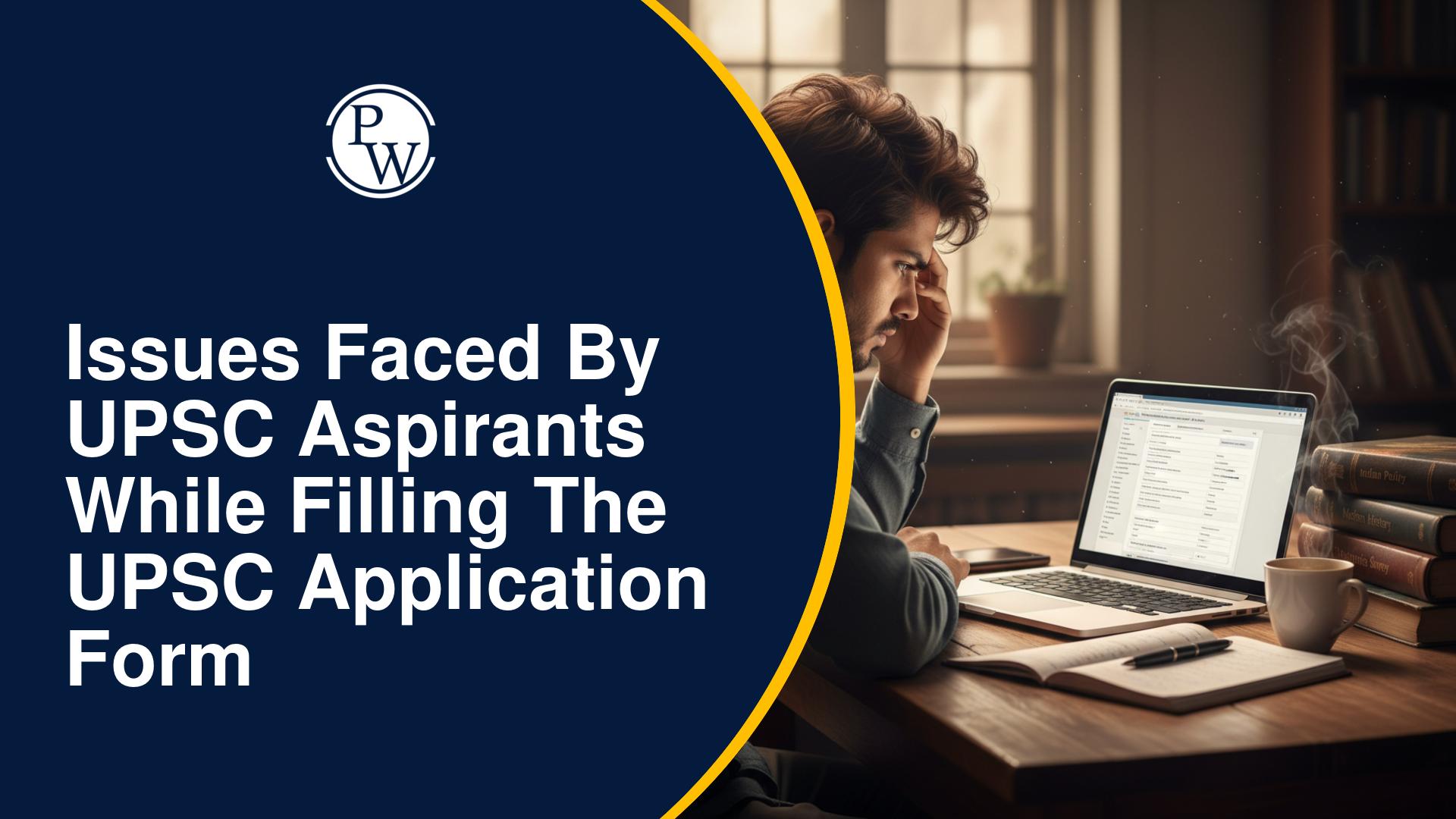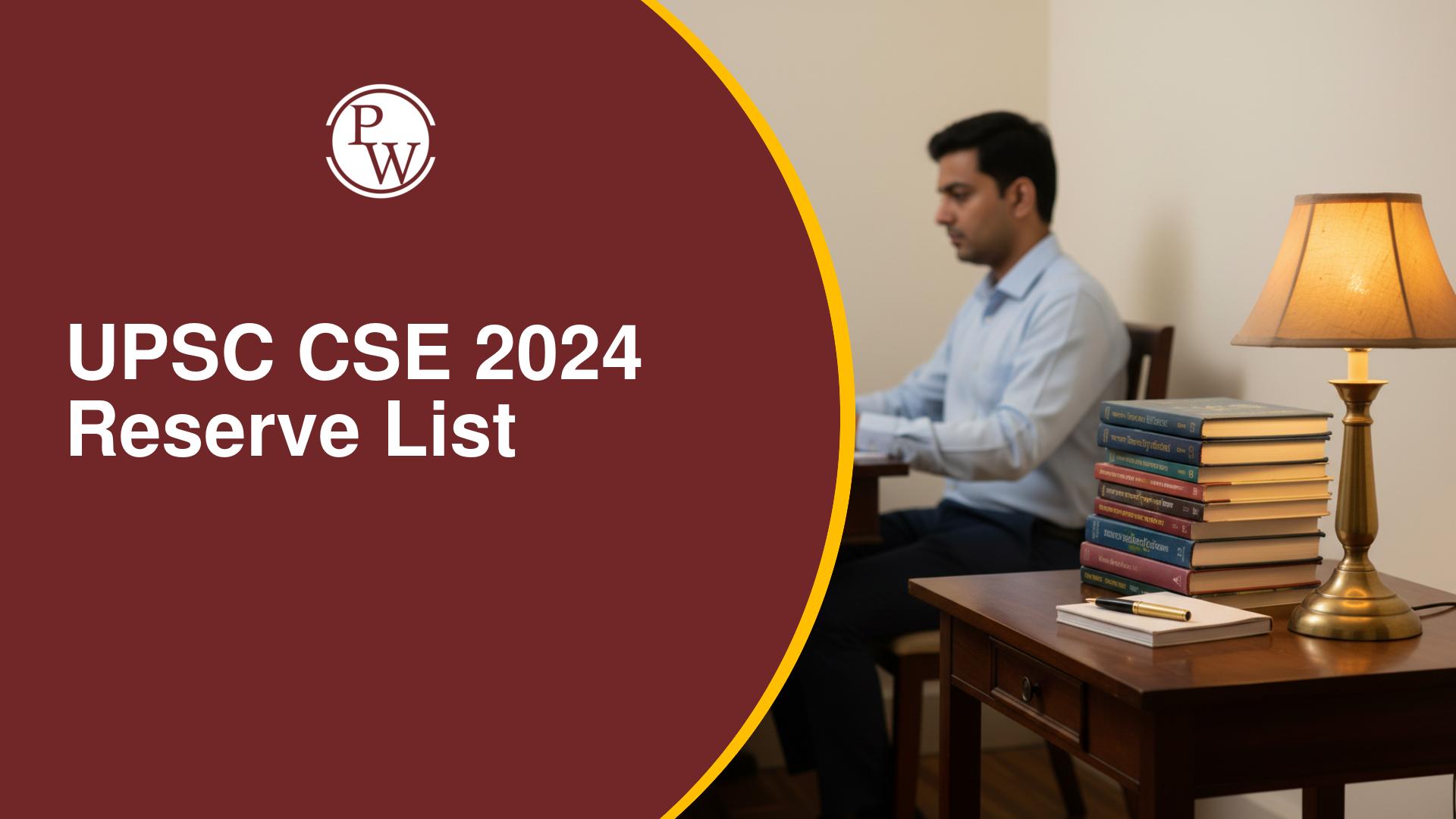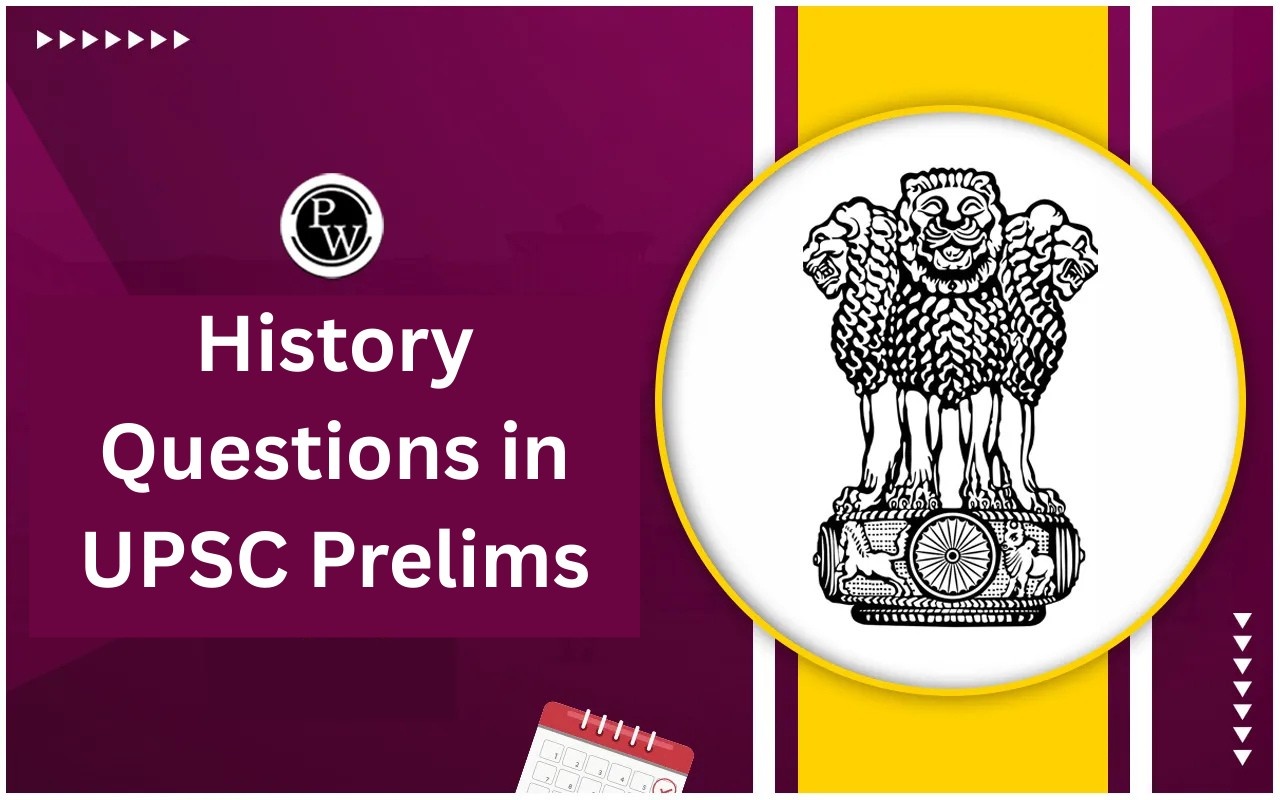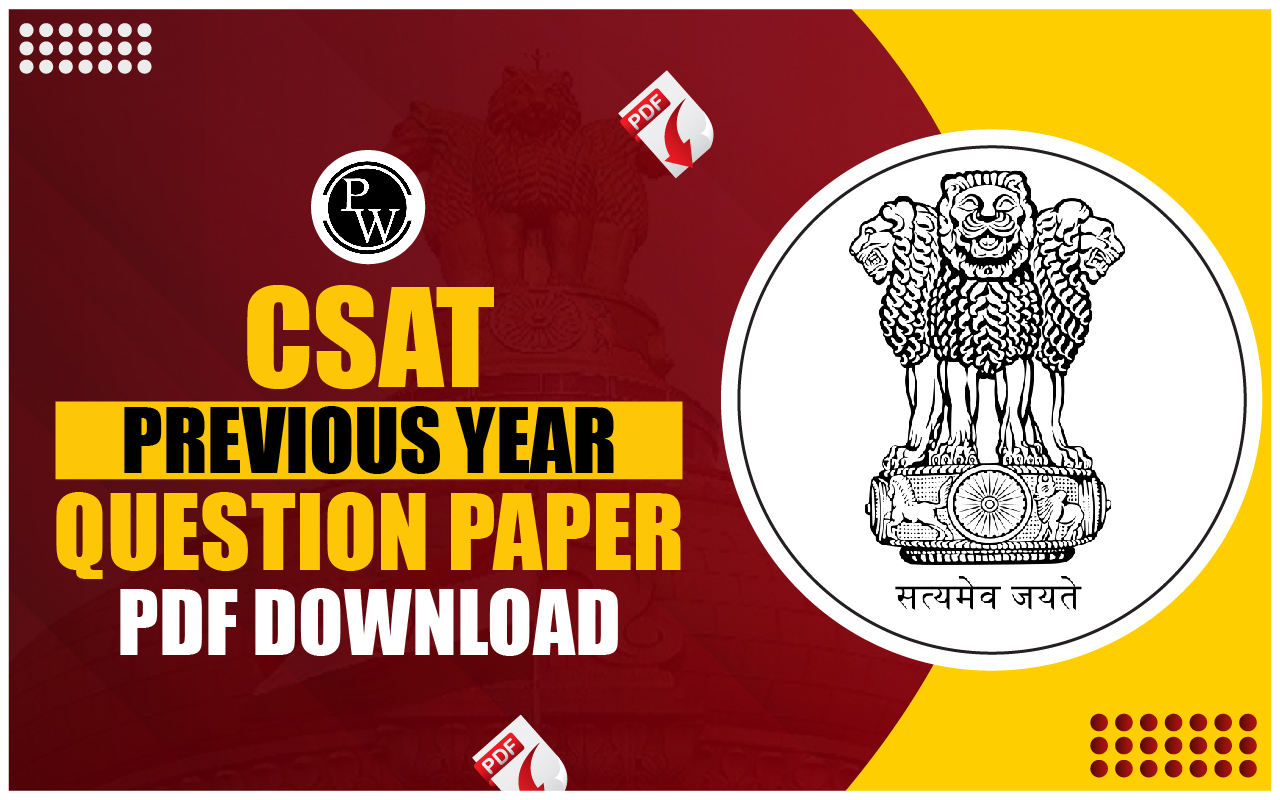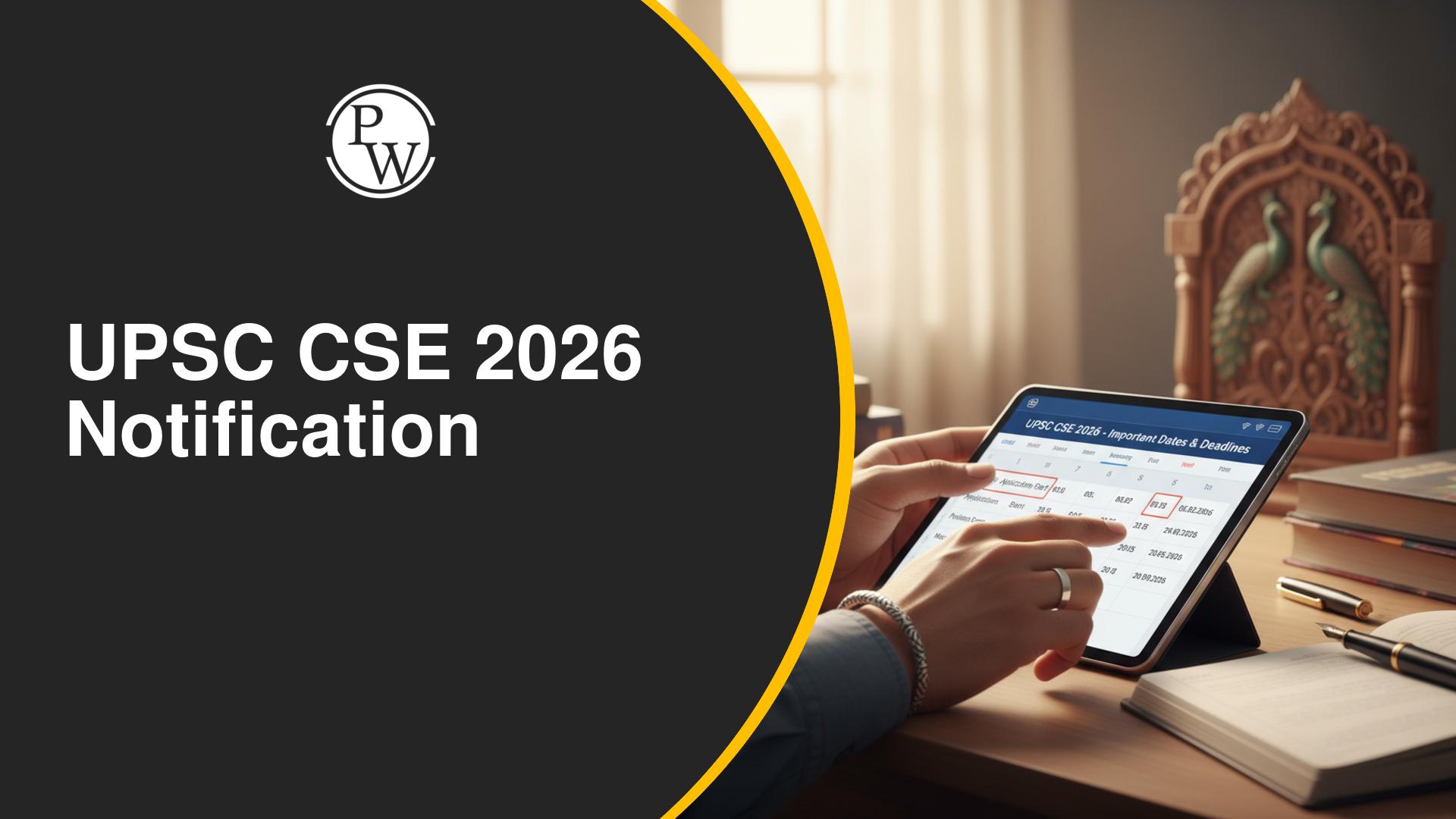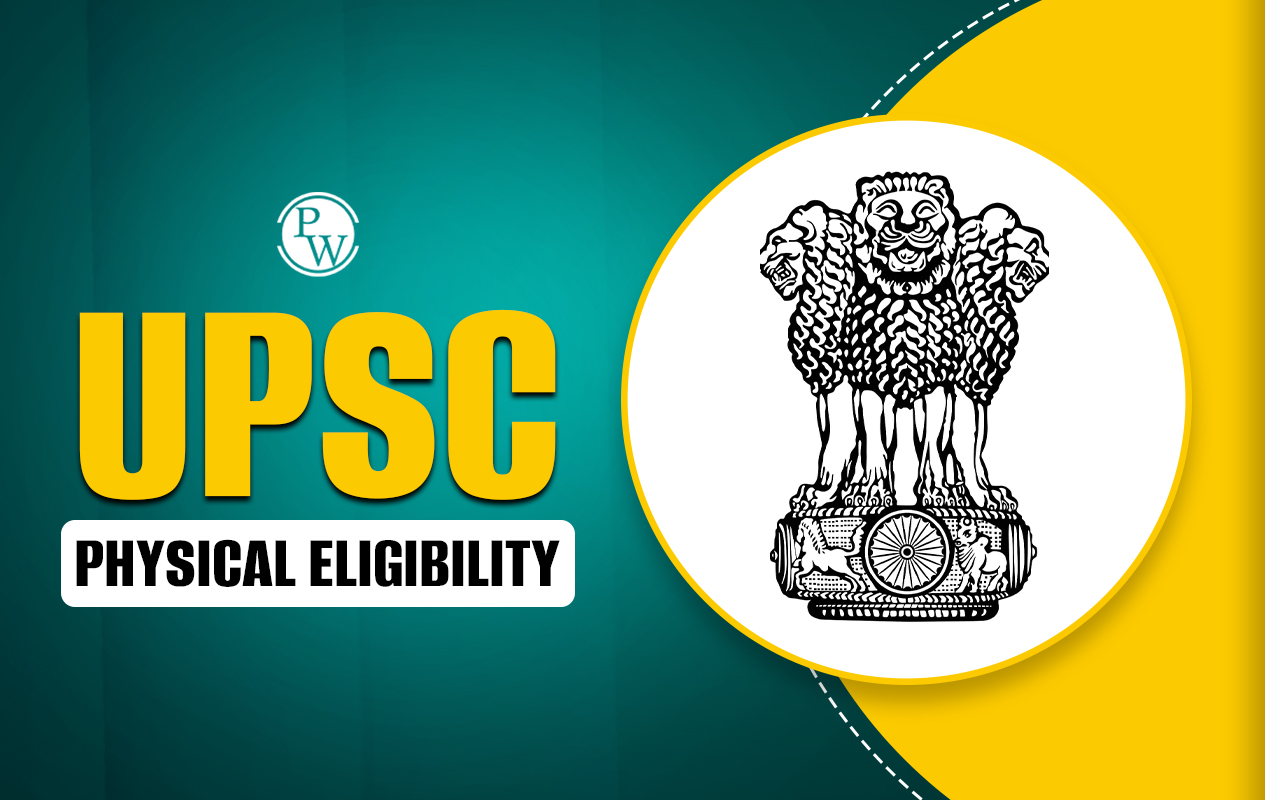
Case Studies for UPSC Mains 2024 : The UPSC Mains examination is one of the most important stages in the journey of aspirants with a weightage of 1750 marks. Among the various components of the exam, case studies hold a significant place in the GS 4 Paper known as Ethics, Integrity, and Aptitude.
Case studies for UPSC Mains 2024 challenge candidates to apply their theoretical knowledge to real-life situations, testing their analytical and decision-making skills. If you want to score well in the Ethics Paper, learn effective strategies to tackle case studies for UPSC Mains 2024 here.Significance of Case Studies for UPSC Mains 2024
Case studies for UPSC Mains 2024 are designed to assess a candidate's ability to navigate complex ethical dilemmas and make sound decisions under pressure. UPSC Mains syllabus includes case studies to evaluate future civil servants' analytical skills, ethical understanding, and decision-making abilities. The significance of these case studies lies in their ability to:- Test Practical Application: They require candidates to apply ethical principles and administrative skills in real-world scenarios.
- Evaluate Critical Thinking: Candidates must analyze various stakeholders, identify ethical dilemmas, and propose viable solutions.
- Reflect Civil Service Values: These case studies emphasize the values of integrity, accountability, and public service, which are crucial for a civil servant's role.
- Scoring Potential : Done well, they can boost your score above 110; poorly handled, they may restrict your marks to below 90.
- Preparation for Field Experience : Reflects real-life scenarios where values clash, such as adhering to rules vs. helping the needy or disciplining a subordinate vs. considering their family's welfare.
- Ethical Dilemma Exploration: They highlight the clash of values and principles in decision-making.
Example of Case Studies for UPSC Mains 2024
Case studies for UPSC Mains 2024 may encompass a range of themes including governance, ethics, public administration, social justice, and environmental issues. For instance, a case study might present a scenario where a civil servant needs to resolve a conflict between local communities and government policies, requiring negotiation and empathyFor example, check this UPSC Mains 2023 case study:
Question : Vinod is an honest and sincere IAS officer. Recently, he has taken over as Managing Director of the State Road Transport Corporation, his sixth transfer in the past three years. His peers acknowledge his vast knowledge, affability and uprightness. The Chairman of the State Road Transport Corporation is a powerful politician and is very close to the Chief Minister. Vinod comes to know about many alleged irregularities of the Corporation and the high-handedness of the Chairman in financial Matters. A Board Member of the Corporation belonging to the Opposition Party meets Vinod and hands over a few documents along with a video recording in which the Chairman appears to be demanding bribe for placing a huge order for the supply of QMR tyres. Vinod recollects the Chairman expediting clearing of pending bills of QMR tyres. Vinod confronts the Board Member as to why he is shying away from exposing the Chairman with the so-called solid proof he has with him. The member informs him that the Chairman refuses to yield to his threats. He adds that Vinod may earn recognition and public support if he himself exposes the Chairman. Further, he tells Vinod that once his party comes to power, Vinod’s professional growth would be assured. Vinod is aware that he may be penalized if he exposes the Chairman and may further be transferred to a distant place. He knows that the Opposition Party stands a better chance of coming to power in the forthcoming elections. However, he also realizes that the Board Member is trying to use him for his own political gains.- As a conscientious civil servant, evaluate the options available to Vinod.
- In the light of the above case, comment upon the ethical issues that may arise due to the politicization of bureaucracy. (250 words, 20 Marks)
Click Here for UPSC Mains case study examples from previous years.
How to Solve Case Studies for UPSC Mains 2024?
Solving case studies for UPSC Mains 2024 requires a structured approach. You must read the question carefully and maintain a clear and logical structure in your response. Begin with an introduction, followed by problem identification, stakeholder analysis, proposed solutions, and a conclusion.Purpose and Approach
- Examiner's Perspective : Understand how you might behave in real-life situations.
- Problem-Solving Mindset : Approach each case as an administrator and problem solver, ensuring passion and clarity in your answers.
Standard Framework for Answers
-
Subject Matter
: Briefly summarize the case in one or two lines.
- Example : "Dilemma between career ambition and responding to an accident as a good Samaritan."
-
Stakeholders
: List all affected parties, directly and indirectly.
- Example : For a CEO facing union strikes, stakeholders include employees, government, the public, local families, investors, and shareholders.
-
Ethical Dilemmas/Key Principles
: Identify the conflicting values and ethical issues.
- Example : In a mining case involving tribal land, issues include development vs. nature conservation, public interest vs. tribal land rights, and economic growth vs. equitable prosperity.
-
Options Available
: Present 3-4 choices with pros and cons.
- Example : Extreme options are usually impractical; practical courses should balance competing interests.
-
Choosing an Option
: Combine feasible options and justify your choice with clear arguments, quotes, and examples.
- Example : Balancing mining interests with tribal employment opportunities rather than a complete ban.
| Step | Action | Purpose |
| 1. Understand the Context | Thoroughly read the case study. Identify key stakeholders and issues. | Grasp the scenario and its complexities. |
| 2. Identify Problems | Pinpoint the core ethical dilemma. Analyze underlying challenges and administrative issues. | Clearly define the problem to be addressed. |
| 3. Stakeholder Analysis | Identify all affected parties. Understand their perspectives and interests. | Consider diverse viewpoints for balanced solutions. |
| 4. Apply Ethical Frameworks | Use ethical theories and principles to analyze the case. Reference constitutional values and laws. | Justify decisions based on ethical grounds. |
| 5. Propose Solutions | Brainstorm potential solutions. Evaluate pros and cons of each option. | Develop practical and implementable solutions. |
| 6. Justify Decision | Select the best course of action. Explain the rationale based on legal, moral, and ethical considerations. | Demonstrate analytical and decision-making skills. |
Articulation
- Reasoning and Detail : Explain why you chose a particular option and outline detailed steps.
-
Personalization
: Use the first-person perspective where appropriate to strengthen your argument.
- Example : "I will ensure livelihood opportunities for women by setting up skill-based initiatives and collaborating with government departments and private sectors."
-
Concrete Steps
: Provide specific, actionable steps in your solutions.
- Example : For vector-borne disease control, prioritize vulnerable blocks, conduct fogging, distribute mosquito nets, and hold weekly reviews.
Examples of Articulation
- Gender Issues : "I will set up livelihood opportunities based on women's skills, procure marketable goods for government departments, and encourage local private sector participation."
- Negligent Monitoring : "I will collaborate with reputable local NGOs, hold meetings to gather their input, and discreetly inspect schemes."
- Resource-Poor District : "Rank blocks by vulnerability, prioritize fogging and net distribution, train ASHAs, and use CSR funds for rapid diagnostic kits."
- Eradicating Child Marriages : "Hold bi-weekly Gram Sabha sessions, encourage rallies, assign special officers for monitoring, and ensure grievance resolution within 30 days."
- Changing Work Culture : "Conduct monthly one-on-one meetings, set mutually agreed goals, review performance, and recognize top performers."
Enhancing Answers
-
Quotes and Thinkers
: Use relevant quotes and examples to substantiate your points.
- Example : "As environmentalist Wangari Maathai said, 'We need to promote development that does not destroy our environment.'"
Time Management
- Proportionate Allocation : Dedicate 90 minutes to case studies (15 minutes per case study).
- Structured Approach : Write answers worth 80 marks in the first hour, another 80 in the second hour, and 90 in the final hour. Aim for 40 marks in the first half-hour of each segment.
Practice Case Studies for UPSC Mains 2024
To master solving case studies for UPSC Mains 2024, consistent practice is essential. PW OnlyIAS provides previous years’ solved Ethics papers that are invaluable in understanding the correct approach to solving case studies. Go through these solved UPSC Mains case studies as you begin to answer writing.- Regular practice: Solve a variety of case studies to improve your skills.
- Analyze previous year's papers: Understand the pattern and types of questions asked.
- Develop a framework: Create a structured approach to answer case studies consistently.
- Emphasize empathy: Demonstrate understanding of the situation and the impact on stakeholders.
- Consider long-term consequences: Evaluate the potential long-term effects of your decisions.
- Balance idealism with pragmatism: Find practical solutions while upholding ethical principles.
- Seek feedback: Ask mentors or peers to review your answers and provide constructive criticism.
| UPSC Related Articles | ||
| UPSC Mains Admit Card | UPSC Optional Subject | UPSC Syllabus 2024 |
| UPSC Mains Exam Pattern 2024 | UPSC Scholarship Test 2024 | UPSC Result 2024 |
Case Studies for UPSC Mains 2024 FAQs
How to approach case studies for UPSC Mains 2024?
Read the case thoroughly, identify the ethical issues, analyze stakeholders, apply ethical frameworks, propose solutions, and justify your decisions logically.
What is the easiest way to solve a case study in the UPSC Ethics paper?
Follow a structured approach: introduction, problem identification, stakeholder analysis, proposed solutions, and conclusion.
Where to practice case studies for UPSC Mains 2024?
Practice previous years' papers, join SRIJAN Guidance by PW, and regularly write answers with expert feedback.
What are some major themes for UPSC Mains case studies?
Major themes include governance, ethics, public administration, social justice, and environmental issues.
Talk to a counsellorHave doubts? Our support team will be happy to assist you!

Free Learning Resources
PW Books
Notes (Class 10-12)
PW Study Materials
Notes (Class 6-9)
Ncert Solutions
Govt Exams
Class 6th to 12th Online Courses
Govt Job Exams Courses
UPSC Coaching
Defence Exam Coaching
Gate Exam Coaching
Other Exams
Know about Physics Wallah
Physics Wallah is an Indian edtech platform that provides accessible & comprehensive learning experiences to students from Class 6th to postgraduate level. We also provide extensive NCERT solutions, sample paper, NEET, JEE Mains, BITSAT previous year papers & more such resources to students. Physics Wallah also caters to over 3.5 million registered students and over 78 lakh+ Youtube subscribers with 4.8 rating on its app.
We Stand Out because
We provide students with intensive courses with India’s qualified & experienced faculties & mentors. PW strives to make the learning experience comprehensive and accessible for students of all sections of society. We believe in empowering every single student who couldn't dream of a good career in engineering and medical field earlier.
Our Key Focus Areas
Physics Wallah's main focus is to make the learning experience as economical as possible for all students. With our affordable courses like Lakshya, Udaan and Arjuna and many others, we have been able to provide a platform for lakhs of aspirants. From providing Chemistry, Maths, Physics formula to giving e-books of eminent authors like RD Sharma, RS Aggarwal and Lakhmir Singh, PW focuses on every single student's need for preparation.
What Makes Us Different
Physics Wallah strives to develop a comprehensive pedagogical structure for students, where they get a state-of-the-art learning experience with study material and resources. Apart from catering students preparing for JEE Mains and NEET, PW also provides study material for each state board like Uttar Pradesh, Bihar, and others
Copyright © 2026 Physicswallah Limited All rights reserved.

